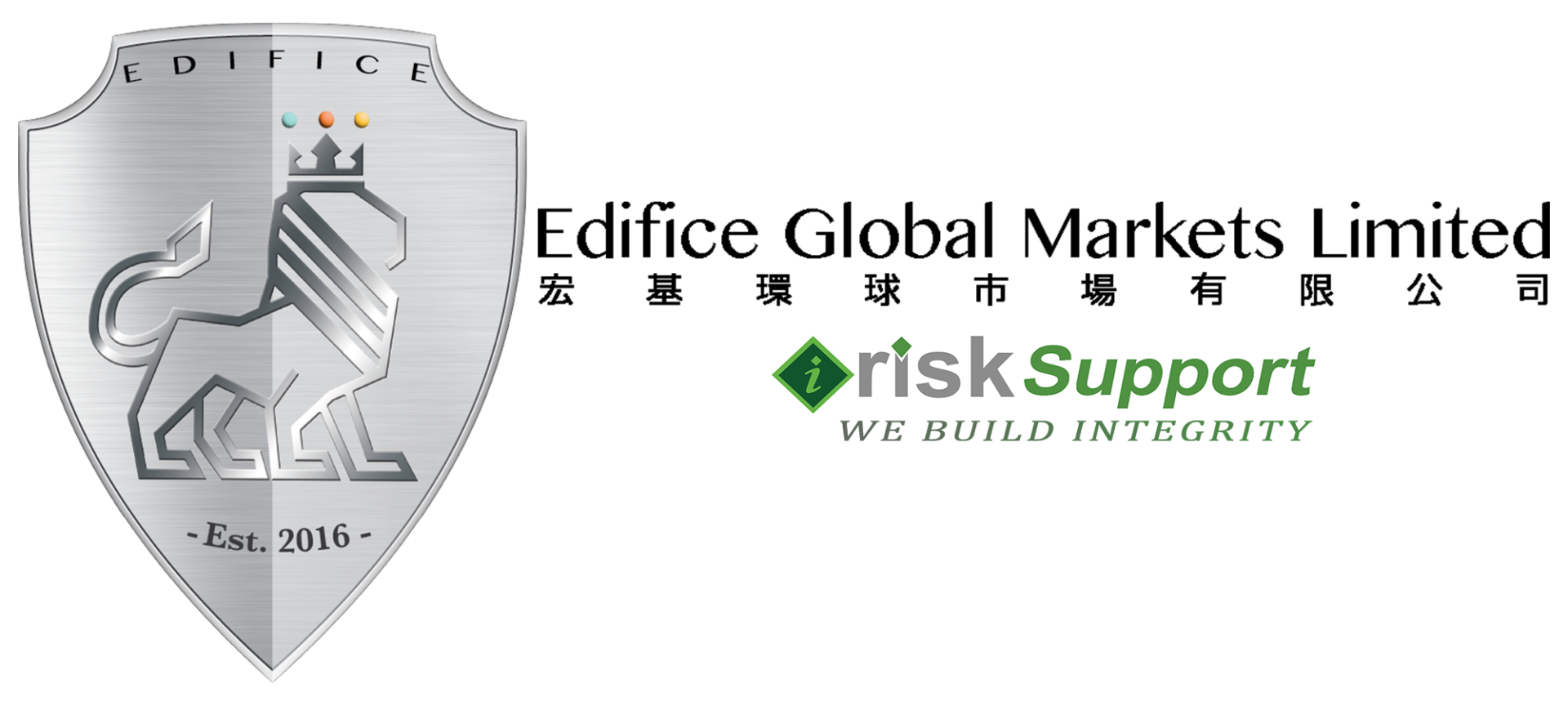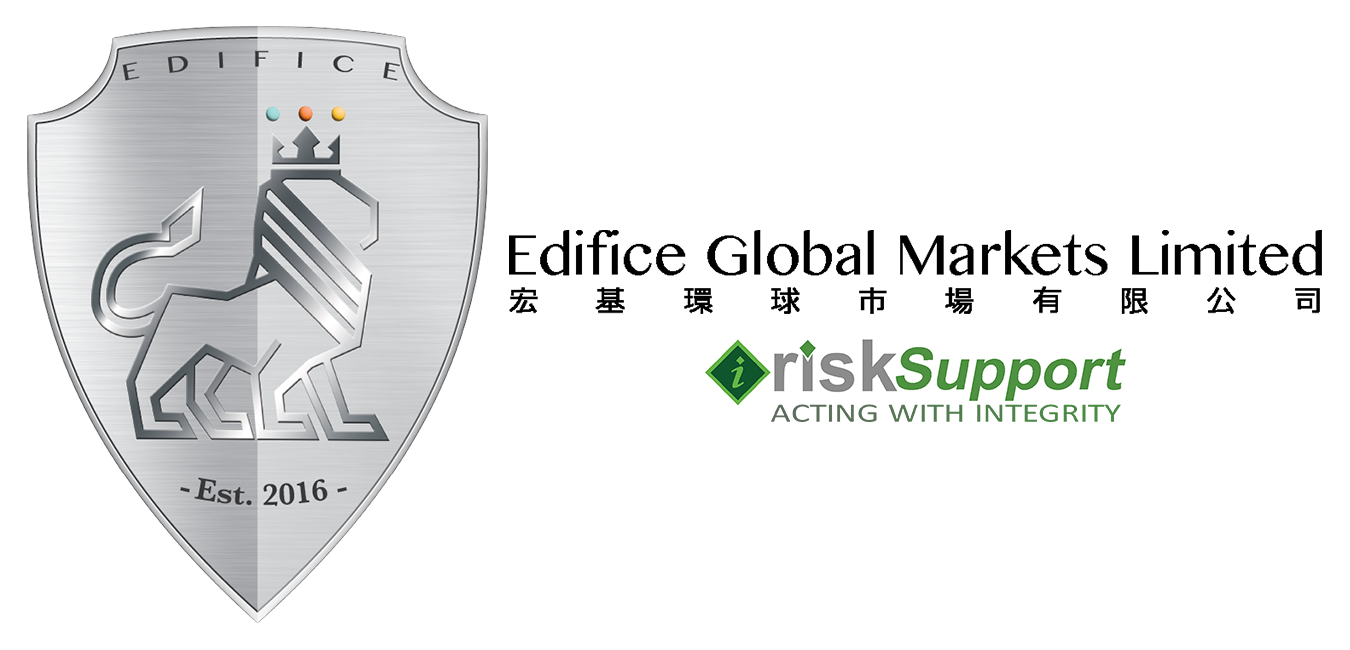Dual-use goods refer to items, materials, or technologies that can be used for both civilian and military purposes. These goods have legitimate civilian applications but can also be repurposed for military or proliferation-related activities. Examples include chemicals, electronics, software, and manufacturing equipment.

